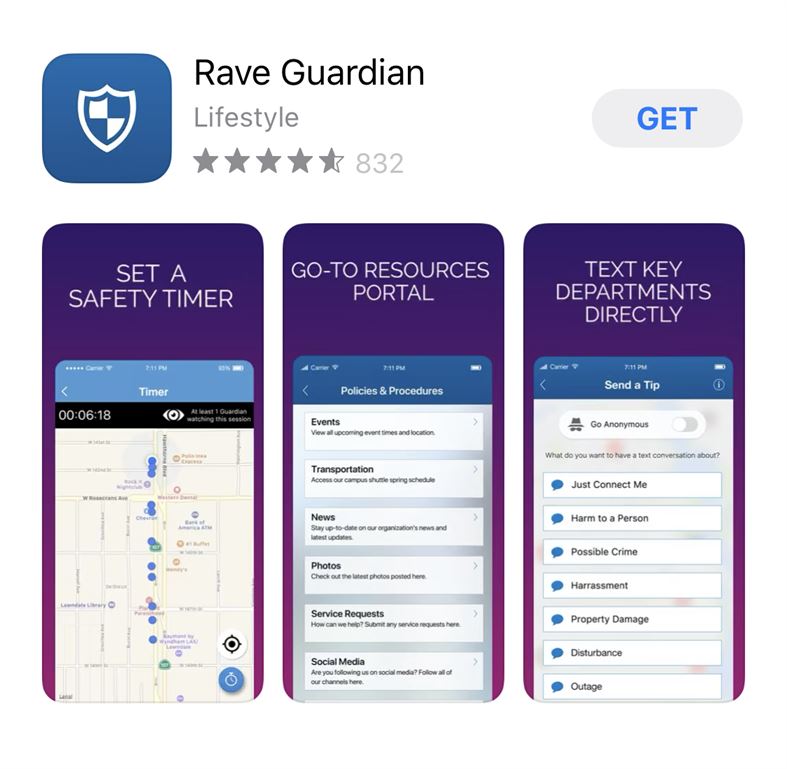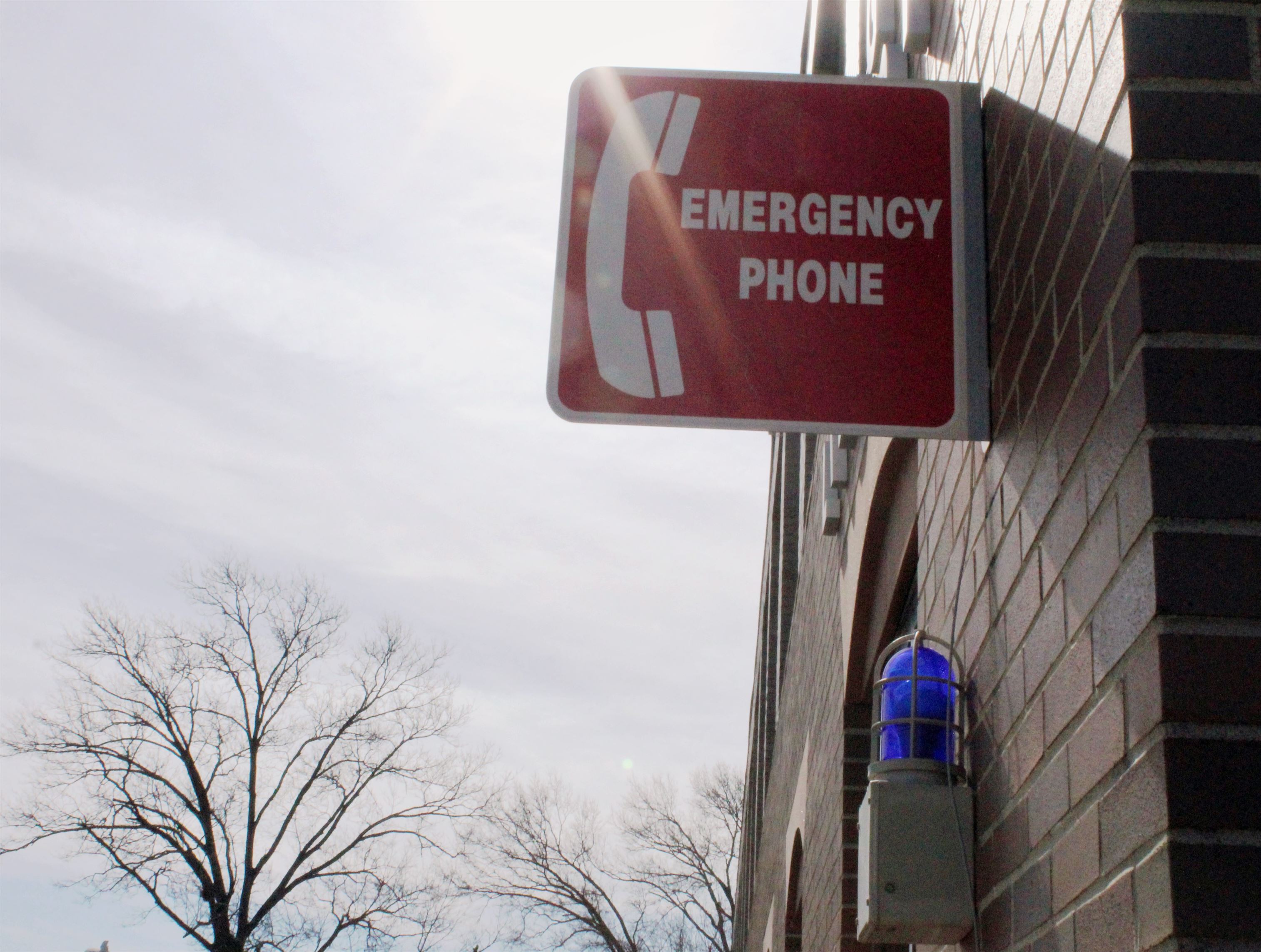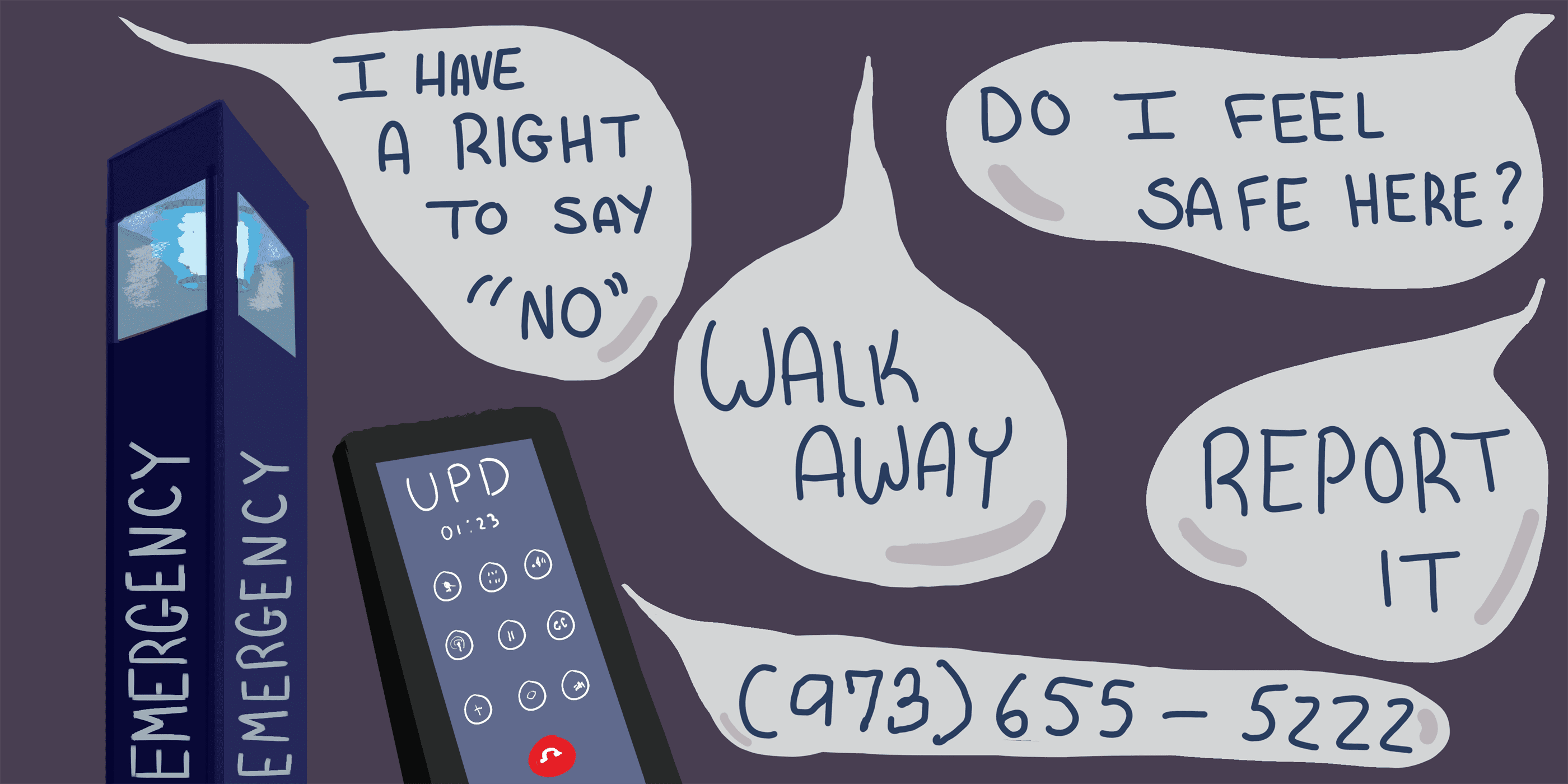During the 2018-2019 school term, nine rapes were reported at Montclair State University according to the campus’ annual security report, which was released last Tuesday from university police (UPD).
Nine more rapes have been reported at Montclair State University for the 2018-2019 school term. This in addition to the nine from 2017-2018. That’s 18 in the past two terms. Anyone else worried? @TheMontclarion https://t.co/WwcbtIPEdg
— Rebecca Serviss (@rebecca_serviss) October 3, 2019
Two years after the revolutionary #MeToo movement, when people began to step forward and share their horrifying experiences with sexual assault, many students are shocked to see that these numbers are still on the rise.
Out of the nine reports last year, seven of them occurred in the residence halls. What makes this fact concerning is that these are areas where people need to be invited in by students who live in each designated building in order to gain access to them. In most cases, students would only invite someone inside if they are familiar with them.
The most common issue students can run into in these situations is giving consent, or permission to do something. If you invite someone to your dorm or apartment, you have a right to tell them to leave if you feel uncomfortable in a situation.
If they refuse to leave, there are people who can protect you, including residence assistants (RAs) as well as the students at the front desks. If the situation cannot be resolved, students have the right to call UPD at 973-655-5222 if they feel unsafe in their rooms.
What is easily overlooked by students is the fact that there were only nine rapes reported to UPD, but there is no number on how many other instances were not reported.
It is a scary thought to question the actual amount of sexual assaults committed on campus and whether or not students feel safe. However, there are ways they can take precautions and prevent future instances from happening.
https://twitter.com/kenz_robertson/status/1179586545059282949
Students need to be aware of their surroundings and report something if it seems out of place. UPD makes it easy for students to get in contact with them when emergencies arise.
One resource students have is an escort program, which is mentioned at the top of the report, called the Campus Connect program.
This program includes a free mobile application for iOS and Android devices called Rave Guardian. When students use the application for the first time, they are asked to enter their phone number and create an account, which enables them to voluntarily share their location with UPD.
With the GPS technology in the phone, UPD can track students movements around campus. Users can insert a destination in the app and if they do not get there in a certain amount of time, UPD is notified and will send an officer to check-in at the location.

The Rave Guardian application is available for free download for iOS and Android devices. Rebecca Serviss | The Montclarion
There are also blue lights with phones attached to them scattered across campus including on the sides of buildings and in the parking lots and garages for easy communication with UPD. If students have no access to a cell phone, this is the best alternative to contact help.

Buildings and parking lots on campus are equipt with emergency phones for students to call UPD if they do not feel safe. Rebecca Serviss | The Montclarion
If they are on campus, students should first contact UPD before calling 911. There is a better chance that UPD officers will respond faster to instances on campus rather than the local police departments, as they serve each township as a whole.
Do you want to get more involved on the issue of sexual violence at your college? The next step for you might be to engage in advocacy on campus. https://t.co/yfgVKt22TO
— Signs of Hope (@signsofhopelv) September 30, 2019
In any situation where students do not feel safe, always know that you all have the right to say no and never be afraid to reach out for help.



